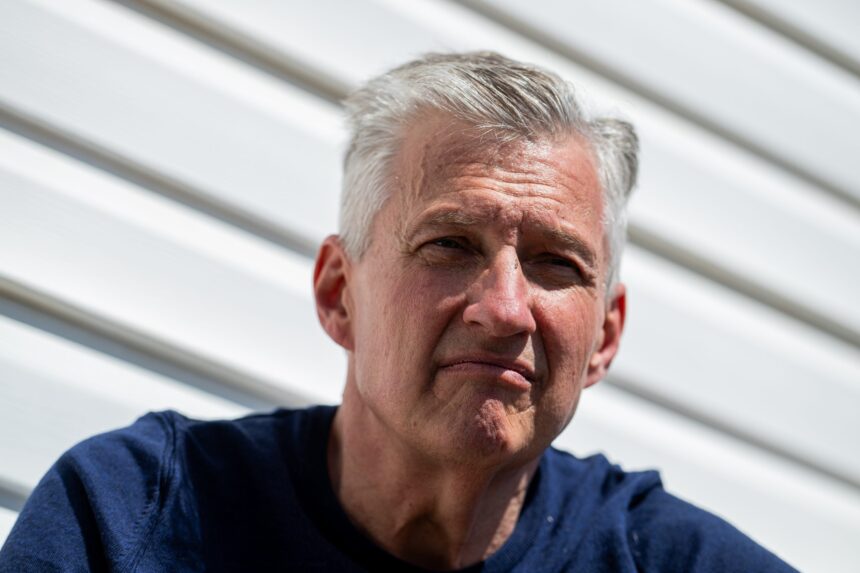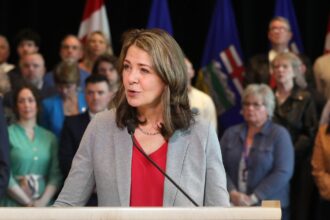In a stunning electoral upset that has sent shockwaves through Canadian politics, Liberal candidate Bruce Fanjoy has defeated Conservative leader Pierre Poilievre in the riding of Carleton during yesterday’s federal by-election, ending Poilievre’s decade-long hold on the traditionally Conservative stronghold.
The unexpected victory came after a fiercely contested campaign that saw Fanjoy, a former military pilot and local business owner, connect with voters through an aggressive ground game and messaging focused on economic affordability and community investment. With all polls reporting, Fanjoy secured 42.3% of the vote compared to Poilievre’s 40.1%, a difference of just 862 votes.
“This victory belongs to the people of Carleton who were ready for change,” Fanjoy told supporters at his campaign headquarters in Stittsville. “For too long, their concerns about healthcare, climate action, and the cost of living crisis have gone unaddressed while their representative focused on national ambitions.”
The defeat represents a significant political blow to Poilievre, who has led the Conservative Party since 2022 and represented the riding in various iterations since 2004. Political analysts from across the spectrum are now questioning what this means for his leadership and the party’s direction heading into next year’s general election.
Dr. Samantha Leavitt, professor of political science at Carleton University, suggests this result reflects broader shifts in suburban voting patterns. “We’re seeing educated, middle-class voters in communities like Carleton increasingly concerned about progressive issues while feeling disconnected from the Conservative messaging under Poilievre’s leadership,” she explained in an interview with CO24 Politics.
The by-election was triggered when Poilievre temporarily stepped down to focus on his national campaign, a strategic decision that has now backfired dramatically. Conservative insiders speaking on condition of anonymity described the mood at party headquarters as “shell-shocked” and admitted internal polling had failed to detect the surge of support for Fanjoy in the final weeks.
Prime Minister Justin Trudeau, speaking at a Canada News press conference this morning, called the result “a clear signal that Canadians are rejecting divisive politics in favor of practical solutions to real problems.” However, he downplayed suggestions that this represents a broader Liberal resurgence ahead of the upcoming general election.
For Fanjoy, a political newcomer who previously served 22 years in the Royal Canadian Air Force, the victory represents a personal triumph against significant odds. His campaign emphasized local issues and his deep community connections while painting Poilievre as increasingly detached from constituency concerns.
“I walked over 500 kilometers throughout this riding during this campaign,” Fanjoy said. “What I heard consistently was that people wanted someone who would put Carleton first, not partisan interests or national ambitions.”
The result has significant implications for Canada’s political landscape, with opposition parties now questioning whether the Conservatives need to reassess their strategy and messaging. NDP leader Jagmeet Singh suggested this defeat “exposes the fundamental weakness in the Conservative approach of prioritizing rhetoric over solutions.”
Financial markets reacted with slight uncertainty to the news, with the Canadian dollar experiencing minor volatility in overnight trading as investors considered potential implications for economic policy directions. Business leaders interviewed by CO24 Business expressed mixed reactions, with some concerned about policy uncertainty while others welcomed potential moderation in political discourse.
This upset victory raises profound questions about Canadian political dynamics heading into the next general election. Will this prove to be an isolated result reflecting local circumstances, or does it signal a broader shift in voter sentiment that could reshape Canada’s political future?


















